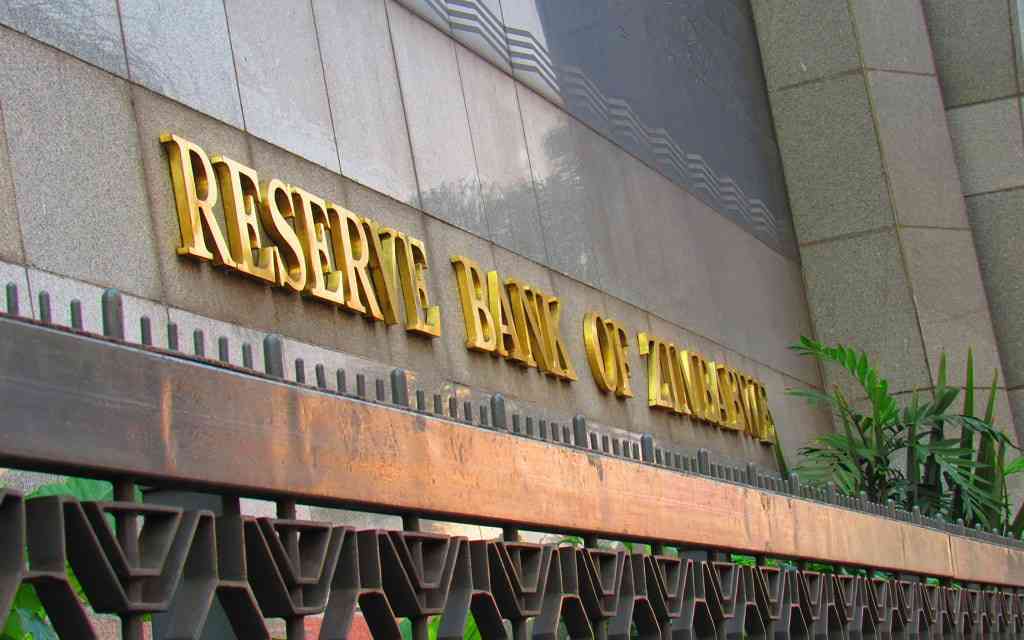
THE central bank’s decision to more than double the size of its bond-note programme to $500 million confirms the country is headed towards de jure de-dollarisation, which threatens to accelerate inflation, an international research body has said.
BY TATIRA ZWINOIRA
Dollarisation has two forms, namely, official/de jure and unofficial/de facto. BMI Research found that an increase in bond notes was actually de-dollarising the economy.
BMI Research warned last week that increasing money supply would contribute to an accelerated growth of inflation from 1,4% by year-end to 8,5% in 2018 — making the steepest growth since 2009.
“The Reserve Bank of Zimbabwe’s (RBZ) decision to more than double the size of its bond-note programme — to $500m from $200m previously — confirms our view that the country is headed towards de jure de-dollarisation,” it said.
It said the Zimbabwean economy was not returning to a prolonged period of disinflation recorded between October 2014 and January 2017 despite falling inflation in recent months.
“Instead we expect inflation will reach 1,4% by year-end 2017, before accelerating to 8,5% in 2018. This would make the steepest acceleration in price growth since the days of hyperinflation prior to dollarisation in 2009, but is a reflection of the impact we expect from a combination of increasing domestic money supply and growing shortages of imports as hard currency becomes increasingly scarce.”
Economists and the International Monetary Fund say the continued growth of the parallel market is what would threaten an increase in inflation if left unchecked.
- Chamisa under fire over US$120K donation
- Mavhunga puts DeMbare into Chibuku quarterfinals
- Pension funds bet on Cabora Bassa oilfields
- Councils defy govt fire tender directive
Keep Reading
As businesses, retailers, bankers and individuals, among others head to the parallel market for hard currency — sourcing it out at premiums of between 15% and 25% — the aggregate effect would most likely be an increase in the prices of goods.
“The effect will be compounded by the likelihood of shortages of imported goods as the supply of hard currency with which to access foreign goods continues to fall,” BMI Research said.
“Although the country is likely to benefit from an increase in tobacco production and gold prices over our short-term outlook, we do not believe this will be sufficient to restore the supply of hard currency in the economy to the point where businesses and households are no longer struggling with a lack of dollar liquidity.”
“As such, with the stock of hard currency failing to meet the economy’s demand for liquidity, we believe the RBZ will have little choice, but to accelerate its bond note programme, boosting money supply in the economy.”











